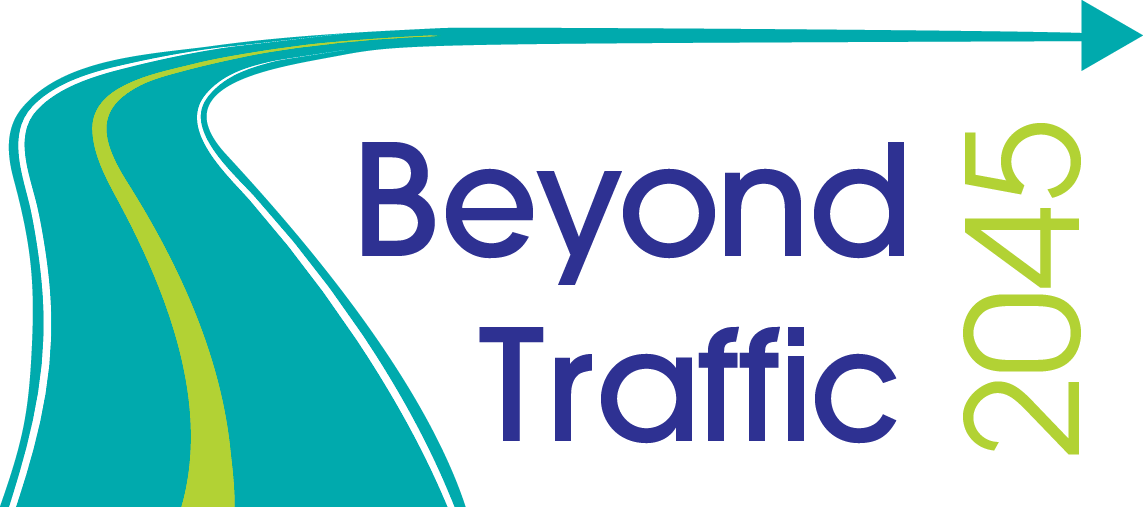Smart City Challenge seeks the best in integrated transportation technology for mid-sized cities
Today, we opened a Smart City Challenge for mayors and city leaders across America to integrate emerging technology into their transportation networks and define what it means to be a Smart City when it comes to transportation.
We encourage cities to develop their own unique vision, partnerships, and blueprints to demonstrate to the world what a fully integrated, forward-looking urban transportation network looks like.
For most of our history, transportation has been quick to take the latest technological breakthroughs and press them into innovative service. The first steamboats and steam locomotives using newly developed steam engines were invented in the late 18th century and were rapidly refined into more and more efficient and useful economic drivers.
In this young century, we've seen the rapid evolution of electric vehicles. And as big data and smartphone technology have driven changes in many parts of our lives, we've seen widespread adoption of transportation apps that offer live transit vehicle monitoring, real-time traffic and route-planning, and on-demand bike- car- and ride-sharing.
Here at DOT, we're continuing to adapt new technologies and data availability to prepare for the future, innovating in ways that previous generations only imagined as science fiction. We're nurturing connected and autonomous vehicles that practically eliminate crashes. And we're imagining this technology interacting with both wired and wireless infrastructure to eliminate traffic jams as well.
And, we're not just imagining it; we're making it happen.
We're moving quickly to explore equipping all new cars with vehicle-to-vehicle technology. As part of this effort, we also launched a pilot program to demonstrate connected vehicles in three very different US locations: New York City, Tampa, and Wyoming. We're updating our policy position on autonomous vehicles. We're working to integrate unmanned aircraft into our skies. We've even hired our first Chief Data Officer.
The best lab we have for integrating the newest technology is where we need it most –America's cities. Our Beyond Traffic study tells us that America will add 70 million more people in the next 3 decades, and that our cities will absorb most of this growth.
So our Smart City Challenge is a competition targeting mid-size cities. The city that develops the most innovative, most forward-thinking plan to harness technology and reimagine how people move will receive up to $40 million to become the first city in the world to implement it.
And that’s not all. Our partner in this, Vulcan, Inc., is offering an additional $10 million to the winning city to incorporate electric vehicle infrastructure into the city of tomorrow. In addition to Vulcan, we hope cities will also partner with other innovators who are developing and refining technology with transportation applications.
We're asking cities to submit proposals by February 4. Our goal will be to narrow proposals down to five finalists by May then announce the winner in June.
Throughout the competition, we’ll have a robust outreach process. That begins tomorrow with a national webcast for interested participants and an in-person forum here in Washington, DC, on December 15. And in coming weeks, those interested in the Smart City Challenge can expect more webinars.
We have no doubt whatsoever that this Nation can remain the global leader in maintaining the safest, most efficient transportation system in the world. Today, we're looking for city leaders who share that confidence and we're asking them to join us in pushing the boundaries of what is possible.
Want to receive email updates on the Smart City Challenge? Check out the box below!

